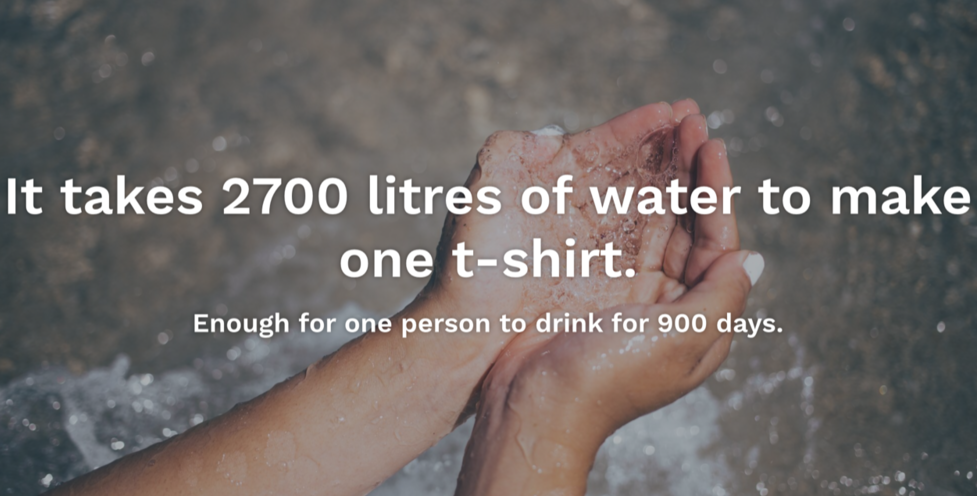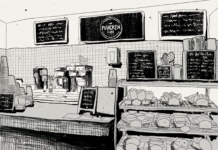
Sustainability reaches new potential in the realm of clothing with a new piece of technology from the Velocity founded company Sweat Free. Sweat Free Founder Chanakya Ramdev, a UW Management Engineering student, came up with the idea while on a co-op term in Hong Kong. Biking to work in formal business wear, he found he would arrive with his clothes covered in sweat. Over time, his shirts would become damaged, and he thought there must be a way around having to discard and buy new clothes over and over.
When Ramdev arrived back to Waterloo, he recruited a team of four other students to help develop a prototype. The group worked with UW’s Velocity incubator, and Velocity saw potential in the company in the Velocity Fund Finals competition, awarding Sweat Free $25,000 to launch their startup.
The company initially worked toward developing an undershirt and then evolving into creating reusable underarm patches that are attached using waterproof velcro to the interior of a shirt.
The Sweat Free patches work by combining layers of bamboo and cotton fabric in the underarm areas to first absorb perspiration and then block it from passing through to outer garments, preventing soiling and stains while keeping the wearer feeling dry.
Ramdev says UW culture is something he thanks for providing him with startup confidence.
“It provided me with the courage and the conviction to go out and do this because I am not the only one,” Ramdev told Engineer the Future. “There are hundreds of entrepreneurs in engineering and other faculties who are trying to solve big problems.”
Not only does Sweat Free solve a common clothing problem, but the technology contributes to sustainability. Whereas regular shirts require frequent washing and sustain more damage from body oils and sweat, Sweat Free patches take on this burden, protecting the clothing and allowing it to last longer between washes.
The magnitude of sustainability of the technology is no small thing. Though fossil fuels are the number one polluter in the world, the fashion industry takes second place, contributing 20 per cent of world water waste.
“It takes 2,700 litres of water to make a t-shirt. We reduce it to less than 100. Making us more sustainable than anyone!” The Sweat Free website proclaims. “The most Sustainable t-shirt ever made!”
Sweat Free aims to encompass fair practices with a gender-balanced team. Ramdev, passionate about politics, was inspired by Justin Trudeau’s adoption of a gender-balanced cabinet. He was able to meet the Prime Minister and quickly show him the Sweat Free prototype after waiting outside an event, divulging that he seemed impressed.
Sweat Free continues to work toward its goals, with the potential of expanding their range of products in the future.






























